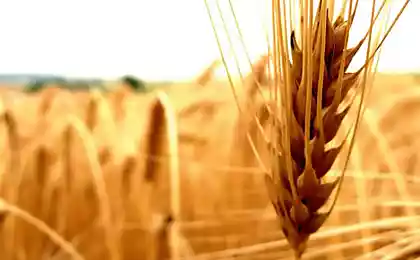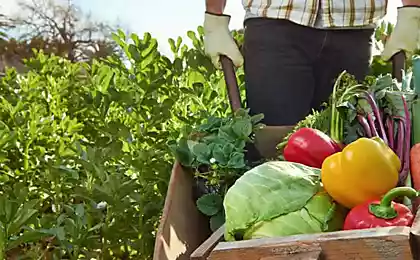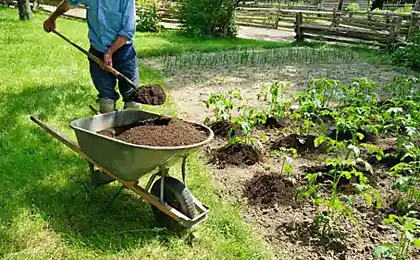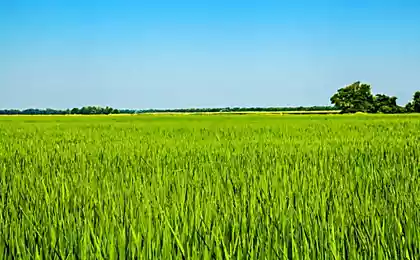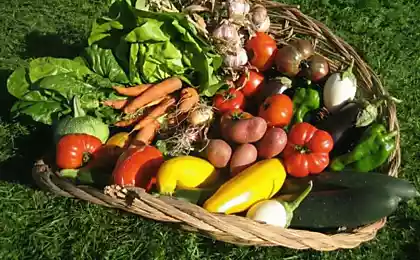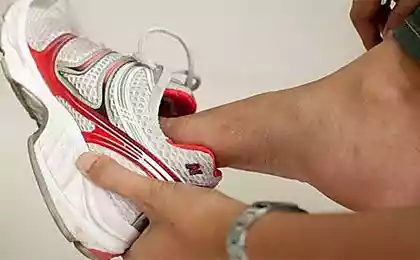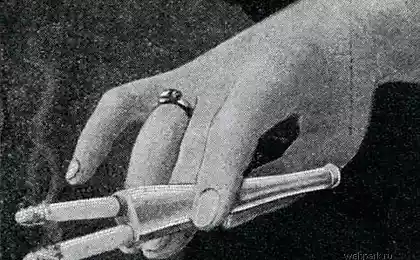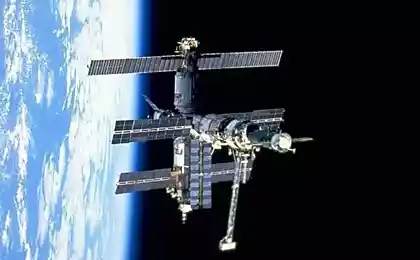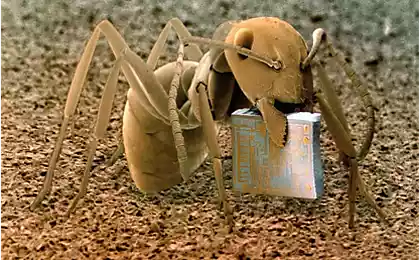397
Agricultural revolution – the everlasting grains
Friendly soil of perennial grasses that can grow, consuming less fertilizer, herbicides, fuel, and less destructive acting on the soil can appear in a few decades, as the researchers say in the current issue of the journal Science (Science).
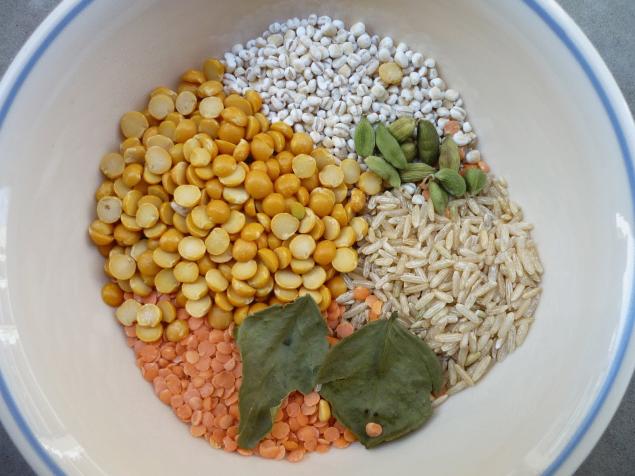
The report, published on one of the most influential forums of publication, is, in fact, a call to salvation degraded annually of grain production, which lacks almost half of the world's population. Perennial grains, say the authors of the report, allow farm households to strengthen the ecological foundations of crop production.
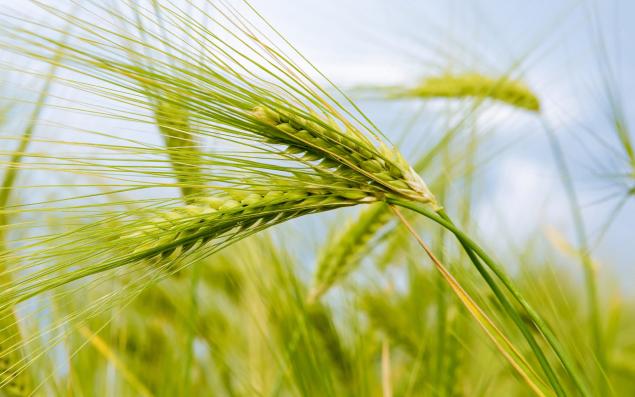
According to the report authors perennial grasses have a longer growth period, rather than annual plants, their roots deeper into the soil and therefore allow the plants to better benefit from rain. Their roots can grow up to 3 meters in length, prevent erosion, build soil integrity, and pull carbon from the atmosphere. They need less cultivation cycles and even less herbicides, which is typical for less developed areas.
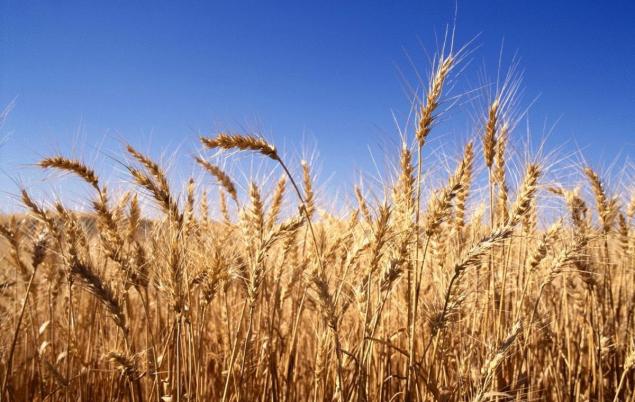
As a comparison, the fact that annuals are losing five times more water than perennial, and 35 times as much nitrate, a valuable nutritious substances, which migrate from the fields into the soil and pollute the water, creating "dead zones" in surface waters.
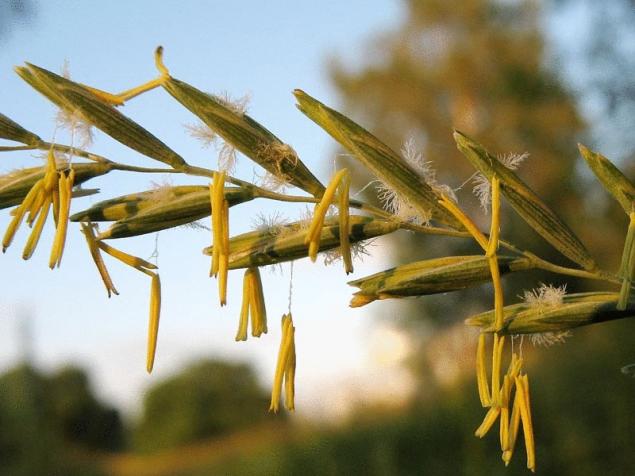
Scientific researches in the field of perennial grasses will soon start in Argentina, Australia, China, India, Sweden and the United States. Washington state University has more than ten years of experience in breeding perennial wheat under the leadership of Stephen Jones, Director of the research center in mountain Vermont. Jones also participated in the writing of a scientific paper, which has more than two dozen authors, most of which are breeders and genetics.
The authors say that the process of selection of perennial grasses can be accelerated by attracting more workers, land, and technologies for introducing new varieties. They report that the importance of this issue is the same as to create a biological fuel.
Source: /users/147

The report, published on one of the most influential forums of publication, is, in fact, a call to salvation degraded annually of grain production, which lacks almost half of the world's population. Perennial grains, say the authors of the report, allow farm households to strengthen the ecological foundations of crop production.

According to the report authors perennial grasses have a longer growth period, rather than annual plants, their roots deeper into the soil and therefore allow the plants to better benefit from rain. Their roots can grow up to 3 meters in length, prevent erosion, build soil integrity, and pull carbon from the atmosphere. They need less cultivation cycles and even less herbicides, which is typical for less developed areas.

As a comparison, the fact that annuals are losing five times more water than perennial, and 35 times as much nitrate, a valuable nutritious substances, which migrate from the fields into the soil and pollute the water, creating "dead zones" in surface waters.

Scientific researches in the field of perennial grasses will soon start in Argentina, Australia, China, India, Sweden and the United States. Washington state University has more than ten years of experience in breeding perennial wheat under the leadership of Stephen Jones, Director of the research center in mountain Vermont. Jones also participated in the writing of a scientific paper, which has more than two dozen authors, most of which are breeders and genetics.
The authors say that the process of selection of perennial grasses can be accelerated by attracting more workers, land, and technologies for introducing new varieties. They report that the importance of this issue is the same as to create a biological fuel.
Source: /users/147

